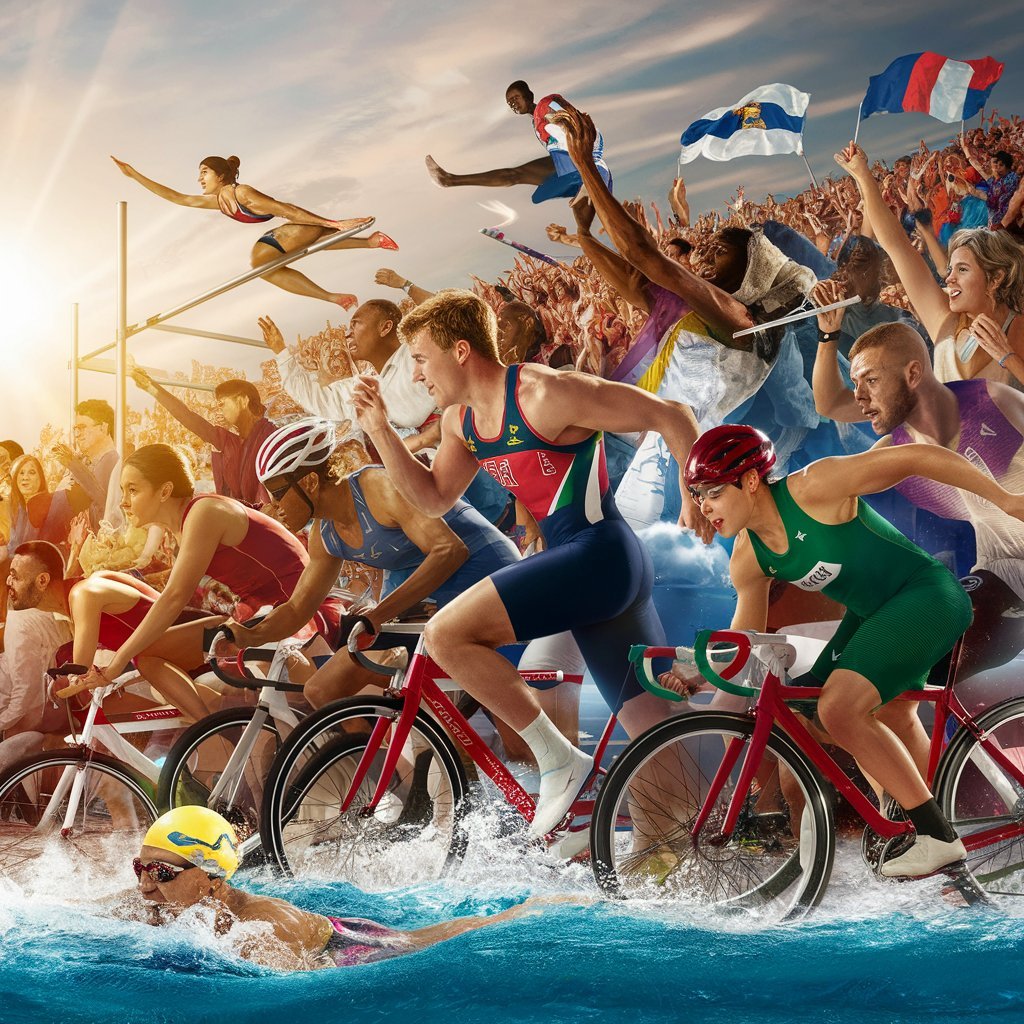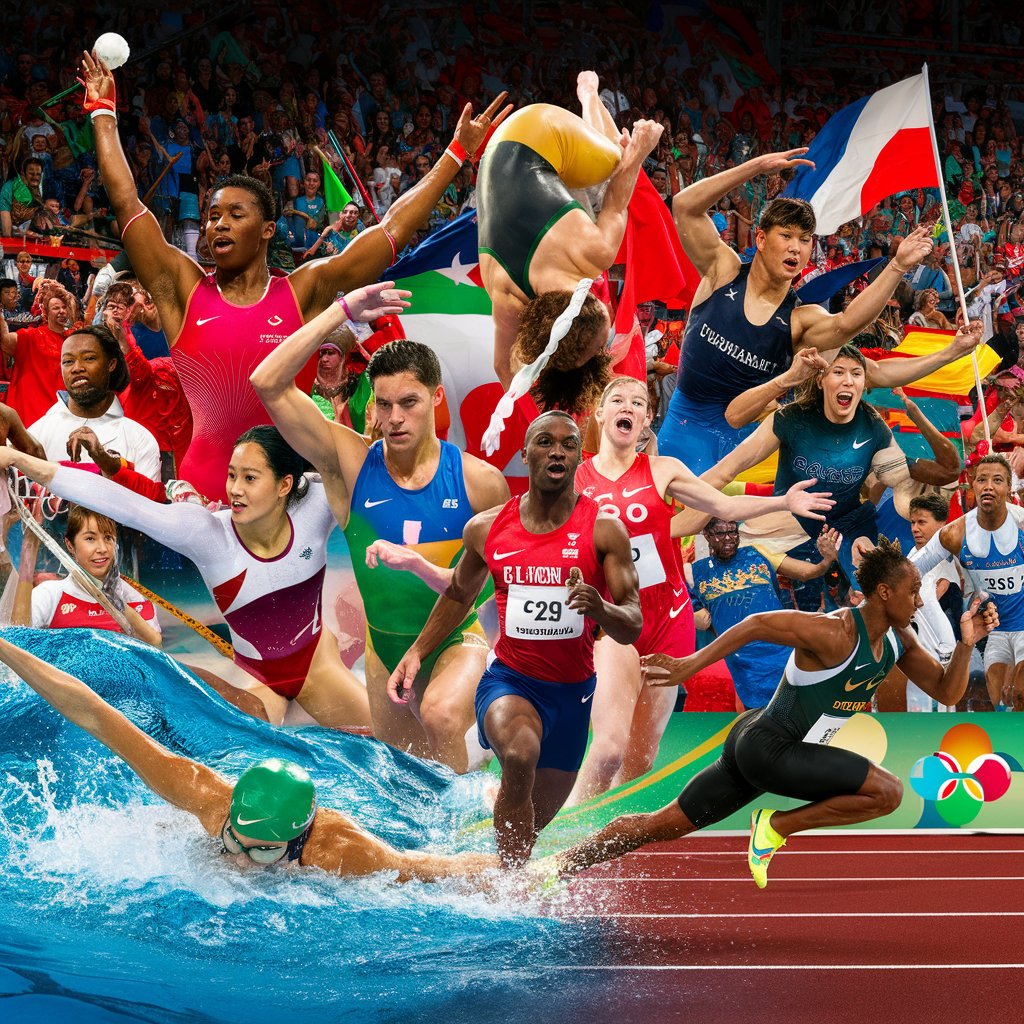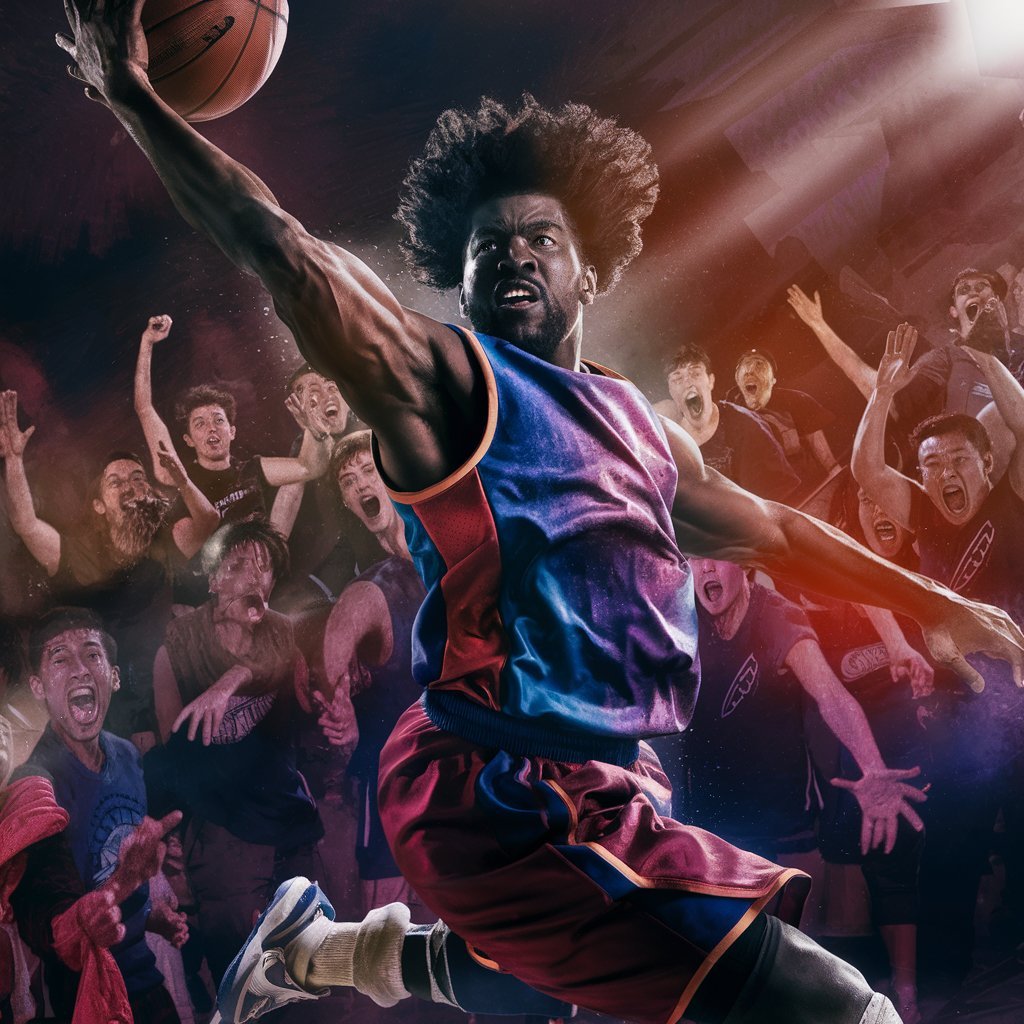Summerohlympics: Exploring the Phenomenon Behind the Viral Term

The term Summerohlympics has recently surfaced across social media and online discussions, sparking curiosity and playful speculation. At first glance, it appears to be a creative twist on the traditional “Summer Olympics,” but its exact meaning and origin remain shrouded in internet mystery. Is it a meme, a typographical error, or an intentional rebranding of the world’s most celebrated sporting event?
This article dives into the possible interpretations of Summerohlympics, examining its linguistic construction, cultural significance, and the reasons behind its sudden popularity. Whether it’s a humorous hashtag, a fan-driven movement, or a simple case of autocorrect gone rogue, unpacking this term offers a fascinating glimpse into how digital culture reshapes language and collective imagination.
Linguistic Playfulness: Breaking Down “Summerohlympics”
The term Summerohlympics immediately stands out due to its insertion of the letter “h” into the familiar “Olympics,” transforming it into “ohlympics.” This small but impactful alteration could be intentional wordplay, evoking a sense of surprise or excitement—akin to saying “Oh, Olympics!” Alternatively, it might reflect phonetic spelling, where the pronunciation of “Olympics” in certain accents or dialects leads to a natural emphasis on the “oh” sound.
The prefix “Summer” anchors the term in the seasonal sporting event, but the modified suffix gives it a whimsical, almost meme-like quality. This kind of linguistic creativity is common in internet culture, where users delight in remixing well-known phrases to create inside jokes or viral trends. The term’s structure also invites speculation: Could “ohlympics” hint at an alternative, exaggerated, or even fictional version of the Games? The playful ambiguity is precisely what makes Summerohlympics so intriguing.
Origins and Spread: How Did “Summerohlympics” Go Viral?

Tracing the origins of Summerohlympics leads down a rabbit hole of social media trends and communal humor. The term likely emerged from platforms like Twitter, TikTok, or Reddit, where users often experiment with language to craft jokes or satirical commentary. One theory suggests it began as a hashtag during the actual Summer Olympics, perhaps mocking a particularly dramatic or unexpected moment—think of an athlete’s unbelievable performance that left viewers exclaiming,
“Oh, Olympics!” Another possibility is that it stems from a typo or autocorrect fail that gained traction precisely because of its accidental charm. Meme accounts and influencers may have amplified the term, attaching it to absurd or hyperbolic scenarios (e.g., “The Summerohlympics: where everyone wins a gold medal for existing”). The lack of a single definitive origin story only adds to its appeal, allowing the term to evolve organically as more people adopt and reinterpret it.
Cultural Significance: Why the Internet Loves Remixing Major Events
The popularity of Summerohlympics reflects a broader trend in digital culture: the playful subversion of formal institutions and global phenomena. The Olympics, with its grandeur and universal recognition, becomes a prime target for internet humor and creative reinvention. By tweaking the name, netizens assert a sense of ownership over the event, transforming it into something more relatable, absurd, or participatory.
This mirrors how other major events—like the “Superb Owl” meme for the Super Bowl—are reimagined online. Summerohlympics might also critique or parody the commercialization and spectacle of the Games, offering a grassroots alternative where the focus shifts from competition to communal fun. In this sense, the term is more than just a misspelling; it’s a cultural commentary wrapped in a joke, showcasing how the internet democratizes and distorts even the most prestigious global traditions.
How to Engage With the “Summerohlympics” Trend
For those eager to join the Summerohlympics phenomenon, the possibilities are as limitless as the internet’s creativity. Social media users can invent their own “events” under the hashtag, such as “Extreme Napping” or “Synchronized Snacking,” and share fictional medal ceremonies or commentary. Artists and meme creators might design absurd posters or merchandise, blending Olympic imagery with surreal twists (e.g., a mascot that’s half-athlete, half-emoticon).
Content creators could produce parody videos, imagining what the Summerohlympics would look like—perhaps with competitors racing on office chairs or judges scoring performances based on vibes rather than skill. Even brands might jump on the trend, using the term in lighthearted campaigns to connect with younger, internet-savvy audiences. The key is to lean into the humor and collaborative spirit of the trend, embracing the idea that the Summerohlympics are whatever people dream them up to be.
Conclusion: The Enduring Appeal of Internet-Born Traditions
Summerohlympics exemplifies how the internet breathes new life into established concepts, turning them into shared jokes, creative outlets, and even temporary subcultures. What begins as a simple typo or playful rebranding can grow into a viral sensation, uniting people through humor and collective imagination.
While the actual Summer Olympics celebrate human athleticism and global unity, the Summerohlympics celebrate something equally profound: the endless creativity of online communities. As long as there are major events and digital spaces to reinterpret them, we’ll continue to see phenomena like this—where a single letter shift can spark a movement. So, whether you’re a casual observer or an active participant, the Summerohlympics invite you to take part in the fun, proving that even the most serious institutions can benefit from a little irreverent joy.




